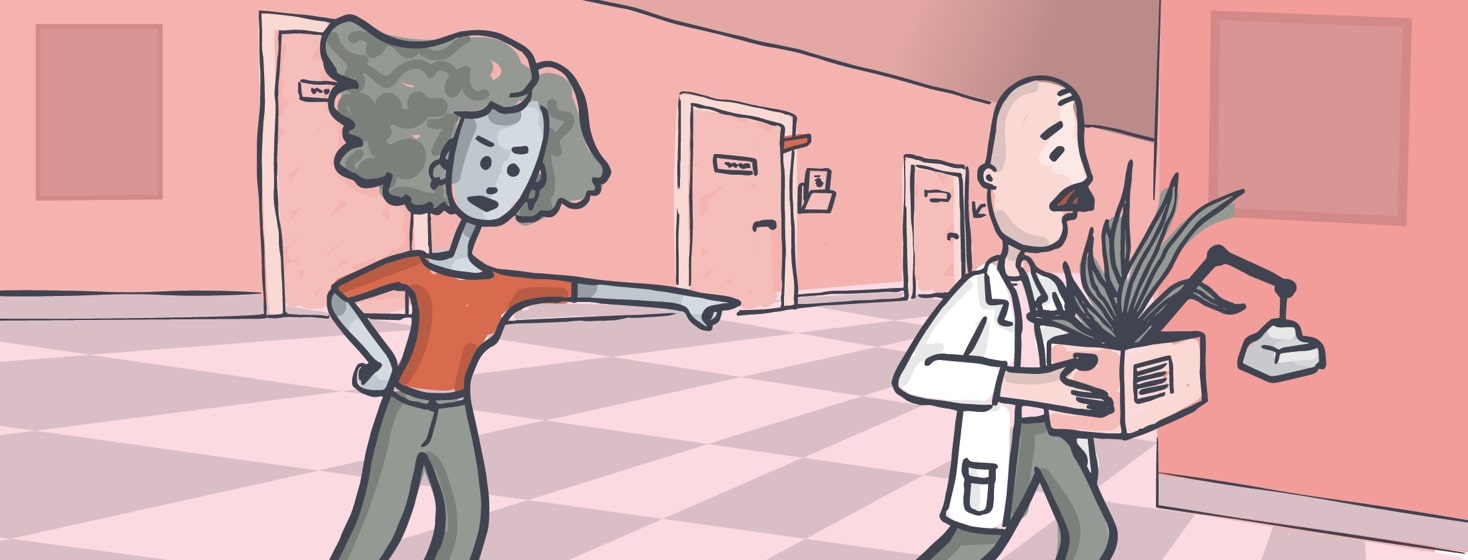When Your Doctor Doesn’t Believe You
One in every 10 women are said to be affected by endometriosis – including more than 6.5 million women living in the United States. Yet, we still hear countless stories of women not feeling heard from their doctor about their symptoms.
“You’re too young.”
“All periods are painful.”
“Maybe it’s just stress.”
In fact, it’s not uncommon to hear of a woman who has experienced symptoms for more than a decade before she gets diagnosed. The validation of that diagnosis often arrives when fertility becomes an issue. Often, it’s not until that point that the symptoms are believed and validated.
Little is more frustrating than believing something is off in your body, you finally get the courage or make the time to schedule the appointment, only to be dismissed and pushed out the door.
1. Challenge your doctor
If your doctor doesn’t feel your symptoms are worth exploring, challenge them. I know this is the opposite approach to our parent’s relationships with doctors where the doctor knew best for all – they were not to be challenged. However, we are in a much different world now, and it’s not only your right but your job to stand up for your health... the quality of your life depends upon it.
And the reality is, this doesn’t need to be an aggressive confrontation. You could start with a question as simple as, “Can you explain (or help me understand) why you don’t feel the pain I experience is worth exploring further?”.
2. Fire your doctor
Yes, you have the right and the power to fire your doctor. Don’t get me wrong, I have a lot respect for physicians and health care providers; however, they do not have the right to encourage you to ignore symptoms that suggest something is not well with your body. It’s their job to help you explore the root of the issue and collaborate with you on the best plan to address the issue. That also means that it’s our responsibility to be honest and direct about our symptoms. If in the midst of that, the physician is downplaying your symptoms, it may warrant a second opinion or switching physicians all together.
When it comes to physicians, it’s important to get recommendations – you not only want a well-trained physician, you want someone with excellent bedside manner. These physicians are out there and worth the effort to track them down.
3. Consider going beyond traditional medicine
If you continue to hit dead-ends with talking to your physicians about your symptoms, you could consider reaching beyond traditional medicine to connect with a functional or integrative practitioner. It’s ideal to find someone with a traditional medical background so they can “speak both languages”, but they can run additional tests that aren’t widely recognized in traditional medicine now that may help direct your path to resolving your symptoms.
What do you find to be most helpful when you meet resistance from your doctor?

Join the conversation